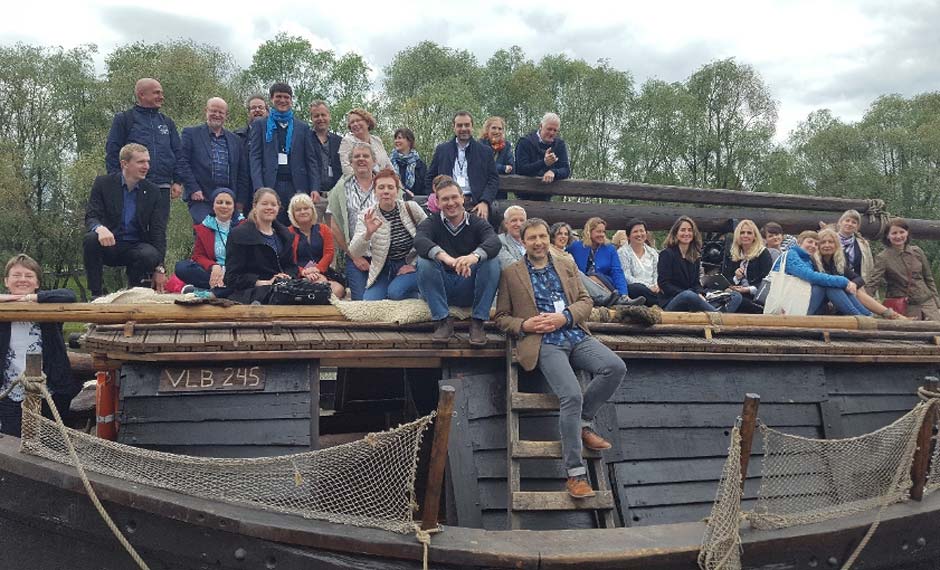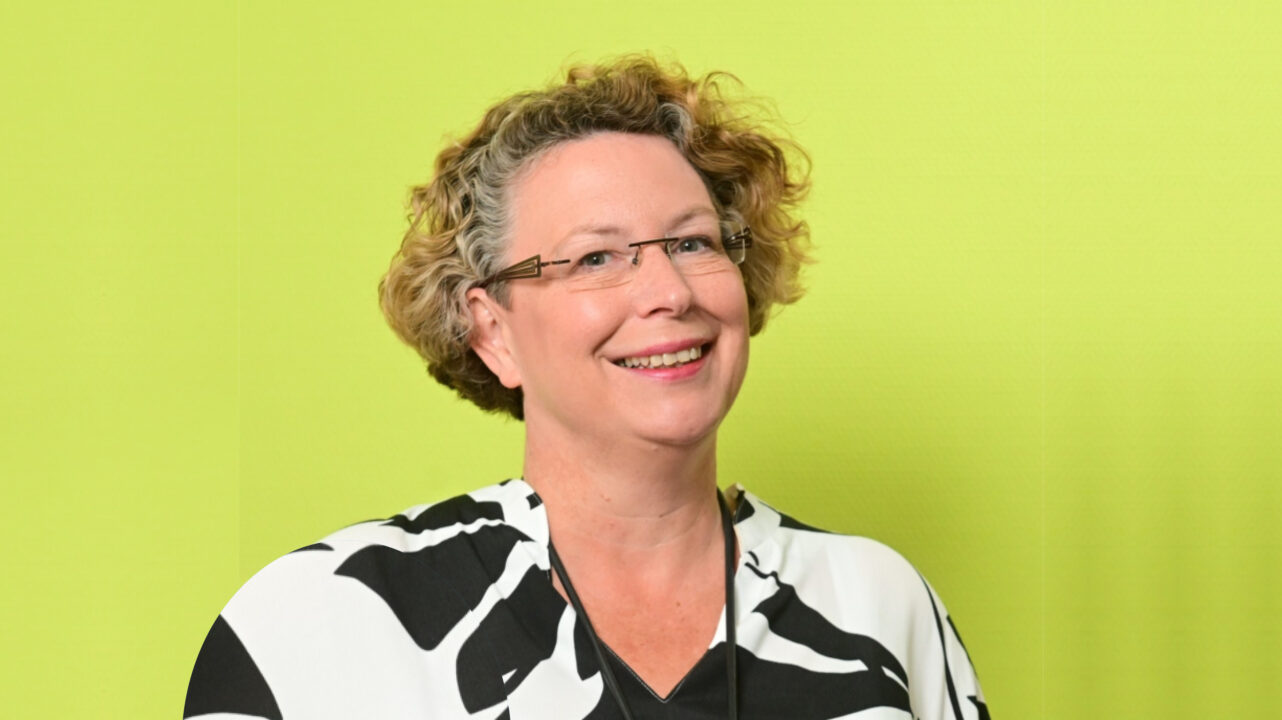Sailing the same storm – but which boats are the best? All across the globe, the COVID 19 pandemic has created a sense of uncertainty and irritation. The international public engagement community is no exception.

In these disruptive times, some of us put all efforts in making established science communication activities accessible in digital environments. But is this enough to stay on board when times get rough? As public engagement professionals, we are all sailing the same storm in this pandemic – but it seems that many of us don’t know yet which boats are the best. How do we set ours sails in rough winds? And do the old lighthouses still lead us to the new harbours we strive to reach? Will we allow the storm to lead us to new horizons ? And where are the new oceans we should explore?
Scientific literacy is key to addressing and solving major challenges.
In order to meet the social, political, economic and cultural challenges of the COVID 19 pandemic, we need to reflect – and even reconsider – our established approaches in engaging multiple publics with science. Large-scale science festivals, with thousands of people enjoying live performances on streets and squares, in labs and lecture halls, may not be possible for a very long time. At the same time, the COVID 19 crisis has shown that scientific literacy is key to addressing and solving major challenges. All over the world, citizens, media, policy makers and economy rely on decisions based on scientific evidence. But even evidence may not be enough to support complex political decision-making processes and behavioural change. In times of crisis, science has an important role to play – but without trustful and reliable relationships with stakeholders and citizens, science will not be able to fulfill this role and achieve the impact that is needed.
Technology alone cannot answer all challenges society is facing.
The pandemic has put a strong focus on the need for dialogue-oriented science communication, engaging different publics, enhancing an understanding of the opportunities of scientific discoveries and the complexity of the scientific process. Still, until today, many science engagement strategies seem to only focus on promoting STEM[1]. Looking at some science engagement approaches, it seems that we all live in a world where technological advancements are considered the epitome of research and innovation. With its multiple effects on economy, health, relationships, work life and families, the COVID crisis has shown that technology alone cannot answer all challenges society is facing.
Instead of only reflecting upon applying digital tools, we as science engagement professionals should use the time of the pandemic to broaden our understanding of innovation – by inviting psychologists, sociologists, economists, philosophers, but also artists, writers or actors to inspire new methodologies and creative approaches to communicate and reflect social innovation. Science in the context of society should be seen as a multidimensional task, with a focus on STEM – but also on social innovation, diversity and inclusiveness.
Whether online or offline – public engagement can foster scientific literacy and create trust in research and innovation. Even in digital versions, these dialogues can catalyze debates about the role of science in open societies. Whether digital or physical – science engagement activities can nurture new forms of expression and create bridges between the research community, citizens, civil society organizations and the general public.
The global community of public engagement professionals is witnessing an exciting time of experimentation and testing.
While the pandemic is probably one of the largest challenges we all have seen in our professional and private lives, the global community of public engagement professionals is witnessing an exciting time of experimentation and testing. Since we all experience similar challenges, we can also benefit from solutions found in all parts of the world. We all should take this opportunity to work out new solutions for the « new normal » to come.
For a long time we may need hybrid models for our activities, combining digital gatherings with real-life experiences. But if we keep our focus on a contextualization of science, on two-way dialogues and on experimentation, the pandemic may turn our engagement activities into innovative and joyful test beds for participation and dialogue.
We are happy to take on all colleagues interested in sharing, learning and developing new pathways to innovative science engagement and swirling science festivals!
International networks can help us to set our sails towards new horizons. As public engagement professionals we should all see this crisis as an opportunity to develop new ideas together and learn from our national and international networks. The European Science Engagement Association is such a network. We are happy to take on all colleagues interested in sharing, learning and developing new pathways to innovative science engagement and swirling science festivals!
Welcome on Board!
Dr. Annette Klinkert
Executive Director of the European Science Engagement Association, EUSEA
[1] Science Technology, Engineering, Maths
Dr. Annette Klinker is the Executive Director of EUSEA –European Science Engagement Association. EUSEA was founded in 2001 and has evolved from a meeting-place for science festival organisers to a collaborative international community for public engagement practitioners. Today, EUSEA encourages and supports innovative formats of science-society dialogues across Europe – ranging from Researchers’ Nights to Science Parliaments, from Science Cafés to Maker Faires, from public debates to local strategies uniting scientists with policy makers.
The association addresses experts involved in the design, organisation and implementation of public engagement activities across Europe. EUSEA is an active consortium member in projects funded by the European Commission and supports partners in European funding policies.
VAs Secretary General Cissi Askwall is vice president of the association.
Read more about VA in Europe here


It’s very important to improcedente scientific literacy everywhere.
It’s very important to improcedente scientific literacy everywhere.